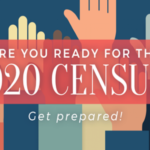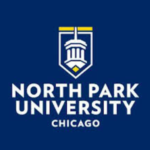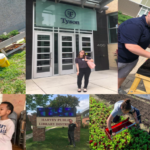Building Democratic Skills Through Deliberative Dialogue
In the face of ever-increasing polarization and divisiveness, there is a great need and desire for an effective, accessible, and inclusive tool for diverse people to engage across difference in pursuit of common ground for action on major social issues. A Deliberative Dialogue Forum brings people together in a small gathering to deliberate about challenging public issues. The process is guided by a neutral moderator and a discussion guide that presents multiple approaches to addressing the problem. Deliberative Dialogue provides an effective framework for mutual understanding and a common purpose that allows people to discuss difficult issues, weigh options, and…
A Focus on Faculty: Practical and Research-Informed Strategies for Faculty Development in Community Engagement (Webinar)
As S-LCE professionals, many of us are adept in navigating the complexities of working with students, community partners, and broader members of the community. Often, our work with faculty partners and academic departments can be more daunting, in large part due to a dearth of frameworks guiding this work. Building upon the presenters’ recently released edited volume, Reconceptualizing Faculty Development in Service-Learning/Community Engagement, the overarching goal of this session is for participants to analyze and situate their work with faculty partners in an array of best practices, institutions emerging with ideas, resources, and support structures that advance S-LCE faculty development…
Decolonizing Approaches to Inclusive Discussions and Trainings: Lessons from Indigenous Perspectives (Webinar)
The future of community engagement work requires a framework that is strengths-based, centers historically underrepresented groups working towards justice on their terms, and includes an analysis of power, positionality, systemic causes of disparities, needs for institutional changes, and critiques of inclusion assumptions. This session will provide decolonizing practice resources, concrete examples, and a chance to reflect on how to apply the practices to your context. Examples include an interactive session focused on how instructors, trainers, and supervisors can create environments that feel relevant, welcoming, and safe to all participants. The session is relevant to instructors, researchers, AmeriCorps Vista trainers, and Campus…
Related Content
Blog
COVID-19 and the Engaged Campus

Blog
February VISTA Spotlight

Blog
12 Things You Can Do In 10-12 Minutes

Blog
Martin Luther King Day Service Opportuni

Blog
December VISTA Spotlight

Blog
Illinois Campus Compact: 2020 Census Upd

AmeriCorps & AmeriCorps*VISTA Opportunities
October VISTA Spotlight

Blog
The Importance of Non-Profits

Blog
Tyson Foods 2019 Summer Community Intern

Welcome Jordan Washington!